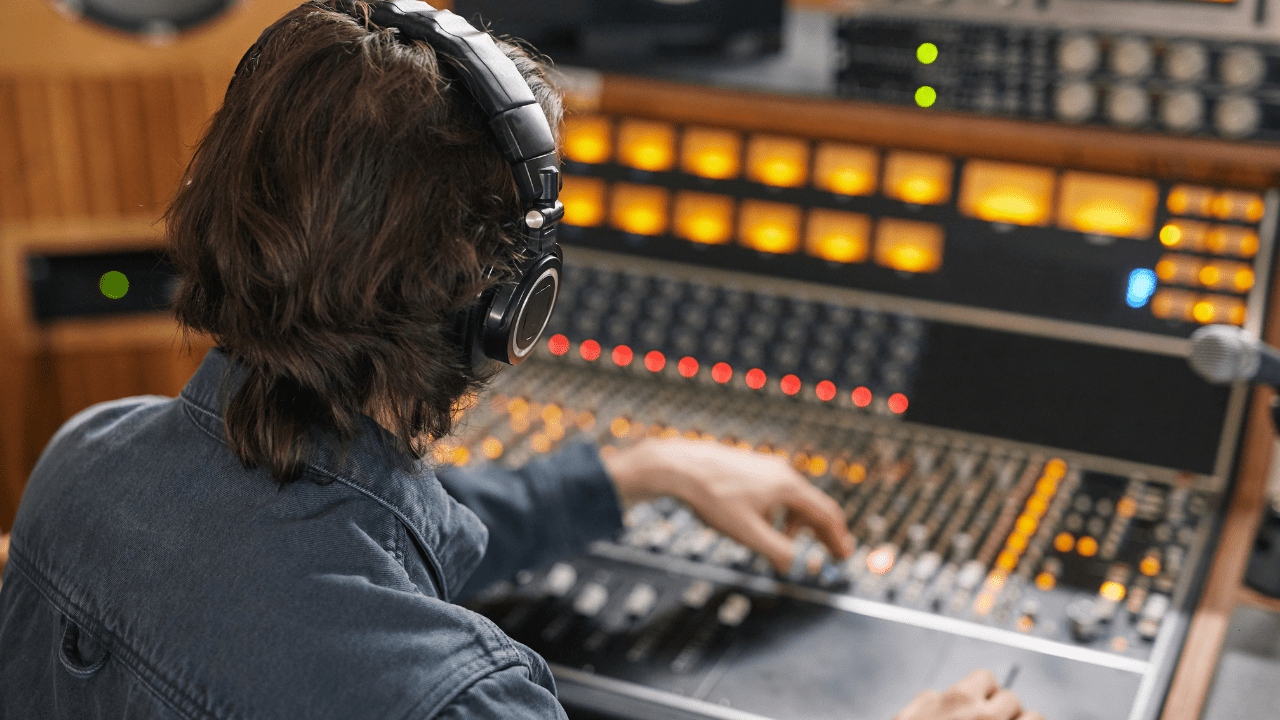The term A&R stands for Artists and Repertoire. It is one of the most critical roles in the music industry, functioning as the bridge between music creators and record labels. Essentially, the A&R department is responsible for scouting new talent, developing artists, and helping shape the music that reaches audiences.
This role is often misunderstood or overlooked, but it is instrumental in launching the careers of successful musicians. Whether you’re an aspiring artist looking to get signed or just a music enthusiast wanting to learn more about how the industry works, understanding A&R is essential.
The History of A&R
The concept of A&R has been around since the early 20th century when record labels began formalizing their processes for discovering and promoting music. Initially, the role involved finding talented musicians, refining their sound, and managing their creative output.
In the golden era of the music business, A&R executives were the tastemakers who decided which artists would be signed and which records would be released. Over time, the role has evolved with advancements in technology, changes in music consumption, and the rise of independent artists. Despite these changes, the essence of A&R remains the same: connecting great music with the right audience.
What Does an A&R Representative Do?
A&R representatives wear many hats. Their job is a blend of talent scout, music consultant, and industry strategist. Here’s a breakdown of their key responsibilities:
1. Scouting Talent
One of the most well-known aspects of A&R is finding new talent. This involves attending live shows, keeping an eye on social media trends, and listening to demos. A&R reps are always on the lookout for artists who have the potential to break into the mainstream.
2. Artist Development
After discovering an artist, the A&R team helps them refine their sound, image, and branding. This stage involves working closely with the artist to create music that resonates with their target audience.
3. Liaising Between Artists and Labels
A&R reps serve as the middlemen between artists and record labels. They communicate the artist’s needs to the label and ensure that the label’s expectations are met.
4. Overseeing the Production Process
From selecting the right producer to finalizing tracklists, A&R representatives are deeply involved in the production of an artist’s music. They provide creative input and ensure that the final product aligns with market demands.
5. Market Analysis
A&R reps stay updated on music trends and consumer behavior. This helps them make informed decisions about which artists to sign and what kind of music to produce.
Why Is A&R Important in the Music Industry?
The music industry is vast and competitive, with countless artists vying for attention. A&R plays a pivotal role in cutting through the noise to find truly exceptional talent. Without A&R, the process of discovering, developing, and promoting artists would be much less structured.
For artists, having the backing of an A&R team can be a game-changer. It provides them with access to resources, industry connections, and expert guidance.
A&R in the Digital Age
The rise of digital platforms like Spotify, YouTube, and TikTok has significantly altered the A&R landscape. Here’s how the role has adapted:
1. Data-Driven Scouting
A&R reps now use streaming data, social media metrics, and online engagement to identify potential stars. Artists with strong digital presence are more likely to catch their attention.
2. Independent Artists
The digital age has empowered independent artists to build their careers without traditional label support. However, A&R still plays a role by helping these artists scale their success.
3. Crowdsourced Discovery
Platforms like SoundCloud and Bandcamp allow A&R teams to discover niche talent that might have been overlooked in the past.
How to Get Noticed by A&R Representatives
If you’re an artist, catching the attention of an A&R rep can be a crucial step in your career. Here are some tips:
- Build a Strong Online Presence: Use platforms like Instagram, TikTok, and YouTube to showcase your music and connect with fans.
- Perform Live: Live shows are a great way to display your talent and make connections in the industry.
- Create High-Quality Demos: A polished demo can make a lasting impression on A&R teams.
- Be Persistent: Reach out to A&R reps, but make sure your approach is professional and respectful.
Common Misconceptions About A&R
There are several myths surrounding A&R. Let’s debunk a few:
- “A&R Only Looks for Pop Stars”: While mainstream artists are a focus, A&R teams also scout niche genres.
- “You Need a Huge Following to Get Signed”: While a strong following helps, exceptional talent can still get noticed.
- “A&R Reps Do All the Work for Artists”: Artists need to be proactive and collaborative; A&R is there to guide, not take over.
The Future of A&R
As technology continues to evolve, so will the A&R role. Artificial intelligence, virtual reality, and blockchain are likely to impact how music is discovered and distributed. However, the human element of A&R—understanding artistry and connecting with audiences—will remain irreplaceable.
Conclusion:
The meaning of A&R, or Artists and Repertoire, goes far beyond talent scouting. It’s about nurturing creativity, shaping careers, and bringing the best music to the world. For aspiring artists, understanding how A&R works can provide valuable insights into navigating the industry.
This blog is crafted to keep readers informed while seamlessly incorporating the focus keyword, A&R meaning, and its synonyms, ensuring an SEO-friendly approach. Let me know if you’d like additional sections or specific tweaks!
Related Articles:
For further reading, explore these related articles:
- LP Meaning in Music: A Beginner’s Guide to Long-Playing Records and Their Legacy
- Stereo Speakers Meaning – Everything You Need to Know About Stereo Sound
- How to Become a Rapper: Easy Step-by-Step Guide
For additional resources on music marketing and distribution, visit Deliver My Tune.






